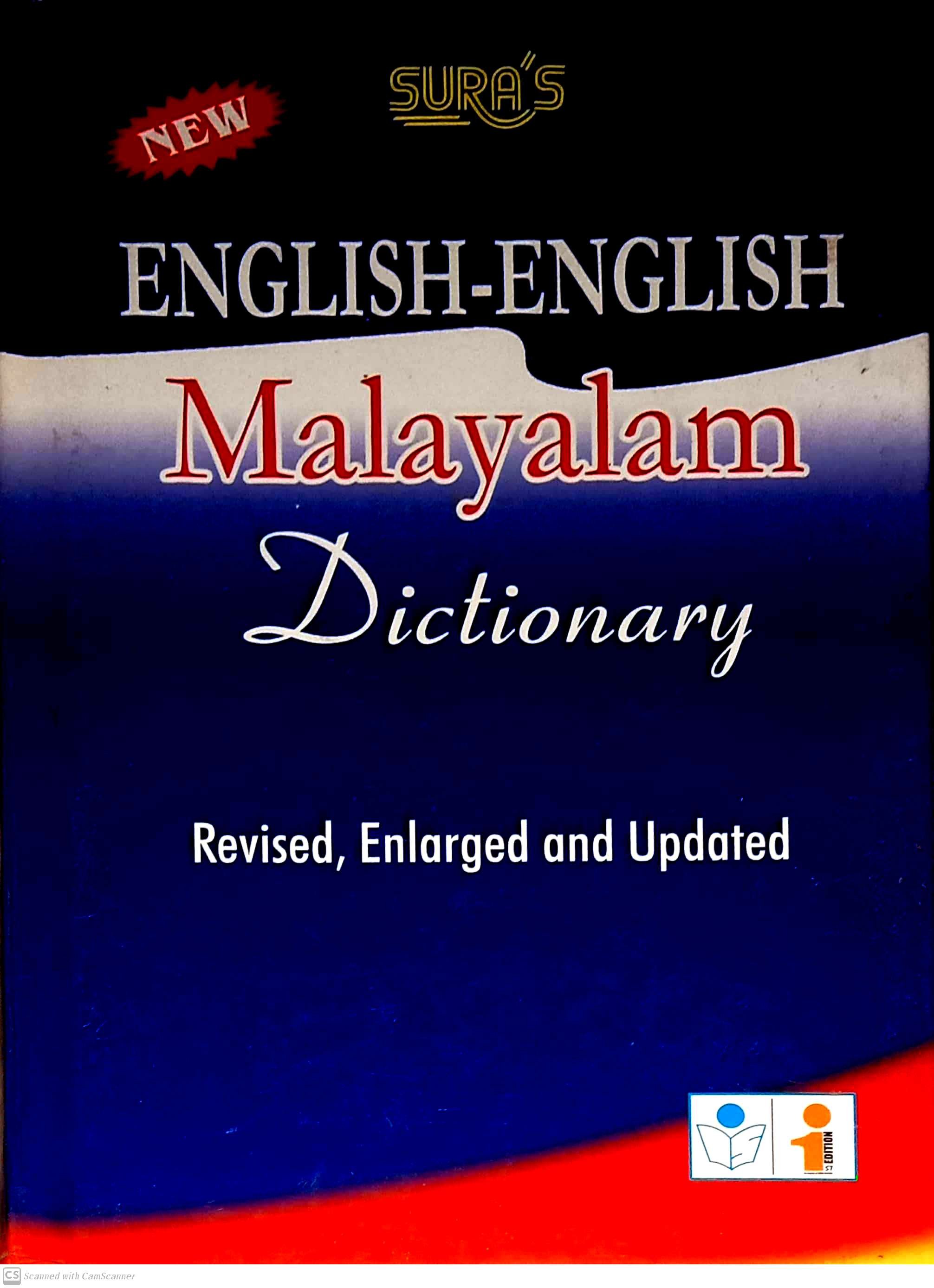
Russian, for example, may resort to diminutives rather than adjectives to convey emotional context.Įntry for ‘dépaysement’ from the French-English dictionary Wiktionary. Some languages have more nuanced vocabulary than others, and some use complex grammar patterns to convey a meaning of just one English noun. It would probably be worth discussing its usage with a native speaker, or reading up on the Japanese perception of colours. Worse yet, a foreign word can encompass several meanings that are mutually incompatible in English:Įntry for 青い (blue) from the Japanese-English dictionary Weblio.ĭoes the Japanese word 青い (aoi) mean blue or green? 🤔 You’ll be hard pressed to answer the question without looking at some example sentences:Įxample sentences for 青い (blue) from the Japanese-English dictionary Tangorin.Īh, that’s better, 青い means green in the context of traffic lights, but blue when you’re talking about the sky… Looks like a tricky word to use correctly. An example often quoted as an illustration is the Inuit language, which, allegedly, has over fifty nuanced words for ‘snow’. Vocabulary in different languages rarely matches one-to-one.
Monolingual english dictionary online how to#
Say you want to find out how to say ‘jumper’ in Italian. It’s also an indispensable tool to find the correct word in your target language. If the word appears important, quickly jot it down and later ask your teacher or a fellow student. What the speaker says next may give you more context and clarify the word’s meaning. Similarly, when you hear a new word in class or presentation, keep listening. When you come across a word you don’t understand, keep reading until the end of the sentence, or better yet, the paragraph ☝️ If by the end of the passage the word still seems important, and you still haven’t guessed its meaning, go look it up. Efficient language self-learners are careful to choose which words to look up, and the right time to do so. If you resort to a dictionary for every new word you see or hear, you’ll quickly burn out and cease to enjoy using the language.

Truly irreplaceable are Spanish Dictionaries in their online versions.

Admittedly, these books also contain all sorts of vulgarities and obscenities, but maybe that’s part of their charm? Additionally, these dictionaries tell you what terms are especially common in certain situations. With them, you are able to learn how a local would express himself in colloquial tongue through the use of vivid examples. Recently, so-called slang dictionaries, such as ”Spanish for insider” or “Gibberish, Spanish slang” are becoming increasingly popular.


The favorites normally being Spanish dictionaries that already include a few everyday phrases. When traveling to countries with another language, dictionaries are valued companions, too. Despite “Generation Smartphone,” there’s no way around the printed version, especially for exams. You may be asking yourself: “When are people using these dictionaries?” With so many options being offered to us today, you would almost think that the traditional Spanish dictionary is best suited for a museum.


 0 kommentar(er)
0 kommentar(er)
